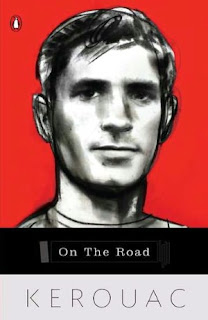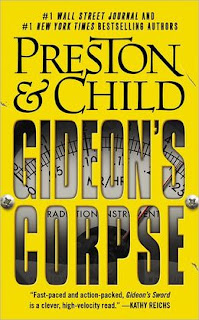M. J. (Melanie) McGrath is a journalist and an author of several books of nonfiction, including
The Long Exile: A Tale of Inuit Betrayal and Survival in the High Arctic. She was awarded the

John Llewlyn-Rhys/Mail on Sunday Award for best British author under thirty-five. She lives and works in London. The recently released
The Boy in the Snow is her second novel featuring half-Caucasian, half-Inuit Edie Kiglatuk.
For the
Wall Street Journal, McGrath named
a five best list of books on life and travels in the Arctic. One title on the list:
Give Me My Father's Body
by Kenn Harper (1986)
An object lesson in the law of unintended consequences, this poignant and humbling book follows the story of the Inuit boy Minik, who, along with others, was brought in 1897 from his home in northwest Greenland to New York City by explorer Robert Peary. Peary's controversial claim to be first at the North Pole in 1909 has been well documented, but the human  fallout from his earlier adventures is less familiar and no less interesting. Minik and the other Inuit were eager to see the city, partly because they had no idea what they were in for and partly because Peary never explained that he had no intention of transporting them back home. Most, including Minik's father, quickly succumbed to diseases for which they had no immunity. But Minik survived and was taken in by the head of the Museum of Natural History, who treated him kindly. Minik cleaved to his adoptive parents, until one day, running into his biological father's skeleton on display at the museum, he realized that he and his father were mere objects in a cabinet of curiosities. His determined campaign to retrieve his father's body for proper burial and then return home make up the bittersweet heart of the story.
fallout from his earlier adventures is less familiar and no less interesting. Minik and the other Inuit were eager to see the city, partly because they had no idea what they were in for and partly because Peary never explained that he had no intention of transporting them back home. Most, including Minik's father, quickly succumbed to diseases for which they had no immunity. But Minik survived and was taken in by the head of the Museum of Natural History, who treated him kindly. Minik cleaved to his adoptive parents, until one day, running into his biological father's skeleton on display at the museum, he realized that he and his father were mere objects in a cabinet of curiosities. His determined campaign to retrieve his father's body for proper burial and then return home make up the bittersweet heart of the story.
Read about
another book on the list.
--Marshal Zeringue
The Snow Child















































